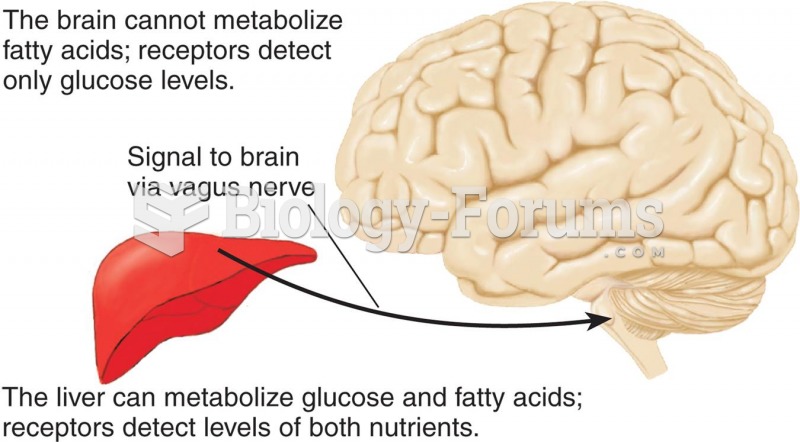|
|
|
In 1864, the first barbiturate (barbituric acid) was synthesized.
The first oncogene was discovered in 1970 and was termed SRC (pronounced "SARK").
Common abbreviations that cause medication errors include U (unit), mg (milligram), QD (every day), SC (subcutaneous), TIW (three times per week), D/C (discharge or discontinue), HS (at bedtime or "hours of sleep"), cc (cubic centimeters), and AU (each ear).
The Centers for Disease Control and Prevention (CDC) was originally known as the Communicable Disease Center, which was formed to fight malaria. It was originally headquartered in Atlanta, Georgia, since the Southern states faced the worst threat from malaria.
Approximately 25% of all reported medication errors result from some kind of name confusion.







